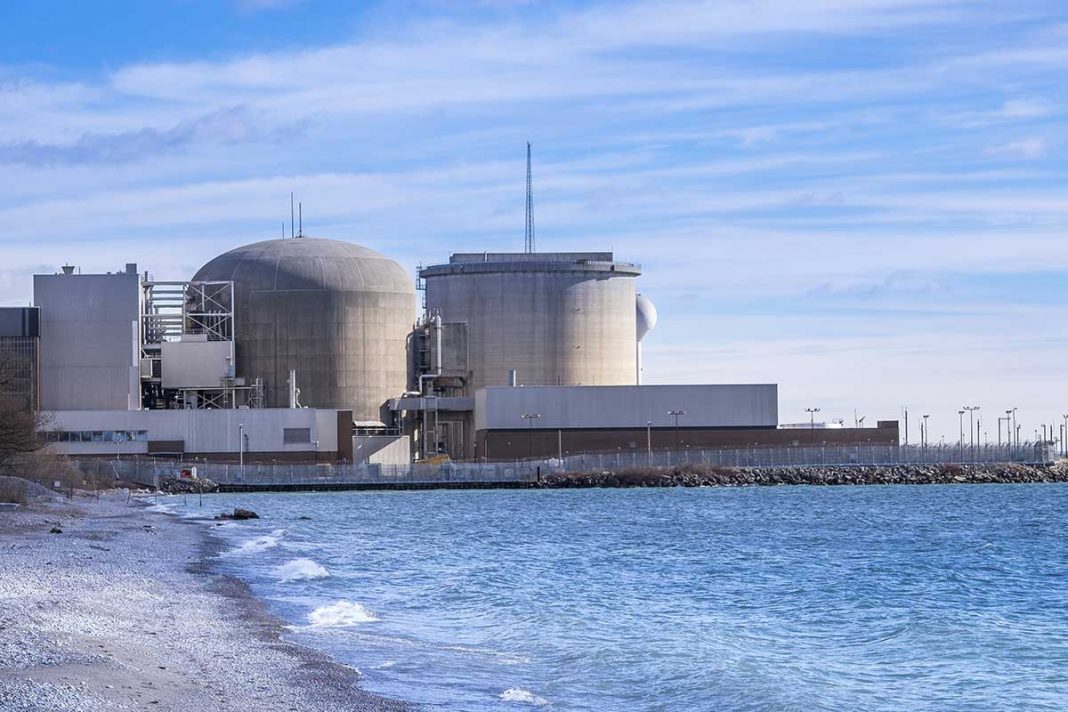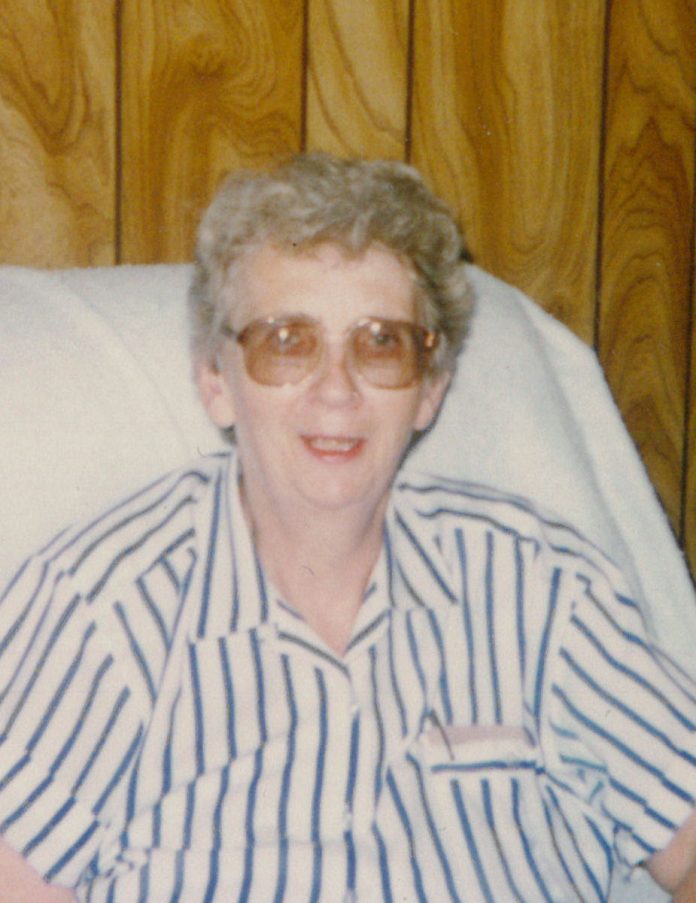SAUGEEN FIRST NATION – The Saugeen Ojibway Nation (comprised of the Chippewas of Saugeen First Nation and the Chippewas of Nawash Unceded First Nation) were asked to vote on a proposal to host a deep geologic repository (DGR) close to the shores of Lake Huron on the site of the Bruce nuclear power station. The response of the band membership was a resounding no, with 1,058 no votes out of 1,232 total votes (170 voted yes, with four spoiled ballots).
“This vote was an historic milestone and momentous victory for our people,” said Ogimaa Lester Anoquot in a release following the vote on Saturday. “We worked for many years for our right to exercise jurisdiction in our territory and the free, prior and informed consent of our people will be recognized.”
Ontario Power Generation (OPG) spokesperson Fred Kuntz accepted the result, noting that “OPG respects the decision of the SON community. We followed the SON process. So we will uphold our 2013 commitment not to proceed with the DGR at the Bruce site without their support, and now we will move forward to develop an alternate solution.”
Mr. Kuntz said OPG will now explore other options and “engage with key stakeholders to develop an alternate site selection process. Any new process is going to include engagement with Indigenous people, as well as interested municipalities.”
Mr. Kuntz remained philosophical about the result of the vote. “Now we are able to move forward with other options,” he said.
“Awesome,” responded Anishinabek Nation Grand Council Chief Glen Hare when asked for a reaction to the news. “The people have spoken, now it is up to those putting this forward to accept and respect the will of the people. It’s pretty clear.”
The SON are no longer members of the Anishinabek Nation, and as such Grand Council Chief Hare tread carefully on the issue, although he has never pulled any punches when it comes to the idea of putting a nuclear waste storage facility on the shore of Lake Huron.
“I was asked by some people to go to SON on this issue and I said ‘no, we have to let the people there decide’,” he said. “It is their community and it is their decision. But personally, I am against storing nuclear waste anywhere near the lakes. We all have to drink that water and it is all of our lives that could be affected by a leak.”
Grand Council Chief Hare does have a suggestion for moving forward on the storage issue.
“You can’t just charge in and say ‘we are putting that in close to water and just tell everyone that is how it is going to be.’ Those days are long over,” he said. “You have to do it the right way. Sit down and have conversations about some ideas.” Grand Council Chief Hare said that, at a minimum, those discussions should only entertain potential sites that are 50 kilometres to 100 kilometres away from the shore. “You have to ensure that it is doable and you need the public’s support,” he said.
He also said that any solution must be easily monitored and done so on a very regular basis. “Never say never when it comes to leaks,” he said. “When it comes to storing nuclear waste there is no perfect, foolproof solution.” But above all, consultation with key stakeholders is crucial, and there are no more “key” stakeholders than the Indigenous communities whose territories and way of life could be impacted by any failure of the DGR and the many non-Indigenous communities who call the shores of the Great Lakes home.




